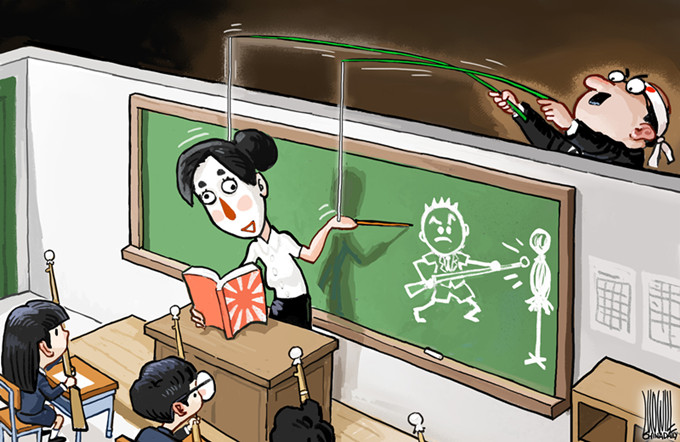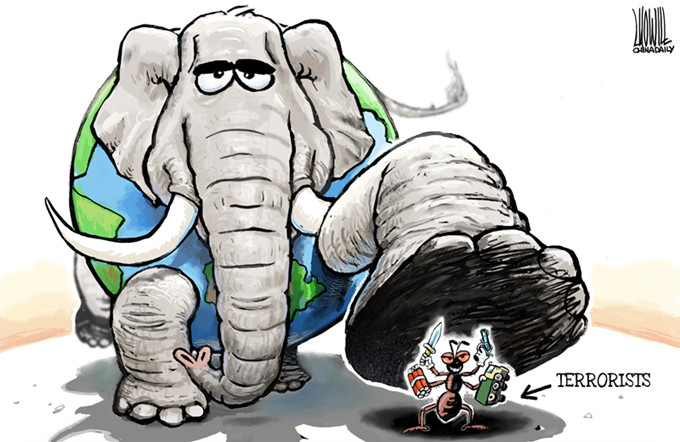Need for Arctic protection
The Arctic Council accepted China as an observer, along with India, Italy, Japan, the Republic of Korea and Singapore, on Wednesday.
The new observers, as well as the region's rising global profile, have added to the importance of this year's meeting of the council.
As a non-Arctic rim country, China maintains that Arctic-related issues are not only regional matters, they are also cross-regional matters, as they involve global issues such as climate change and the security of international shipping.
The Arctic is warming twice as fast as any other place on Earth, which has resulted in unprecedented melting of the Arctic sea ice and multiple weather and climate effects that affect many parts of the world.
The United Nations Environment Programme has raised concerns about the prospect of human activities in the Arctic, as the melting sea ice is making vast untapped supplies of oil, gas, minerals and precious metals accessible. The looming resource rush may threaten the already fragile ecosystems and wildlife there.
One after another, countries such as the United States and Russia have revealed their Arctic strategies. Russia unveiled its Arctic development blueprint in February, highlighting its plans to boost security, conduct energy explorations and upgrade infrastructure in the Arctic.
On Friday, the US announced its own aggressive approach to development in this "unique, valuable, and changing region", claiming that it can combat climate change the same time it exploits the region's oil and gas reserves.
The world is facing a pressing challenge to better coordinate on such levels as the Arctic Council to ensure that the security of navigation in the High North is guaranteed and environment concerns are properly addressed when developing one of the Earth's last untapped regions.
A nondisciplined approach will only result in a mad scramble for resources that will harm the interests of all countries eventually, as the Arctic is widely perceived as the energy future of mankind.
To ensure peaceful and sustainable development of the Arctic, both Arctic and non-Arctic nations should cooperate closely. Considering the potential global effects human activities could have in this environmentally fragile region, the Arctic Council has made a wise decision to engage more interested parties.
The participation of China and others will surely be conducive to coordinating international endeavors for the preservation of the Arctic.
(China Daily 05/16/2013 page8)



















